In this chat, President of Petroleum and Natural Gas Senior Staff Association of Nigeria, PENGASSAN, Festus Osifo, speaks on local refining of crude, refineries, pipelines vandalism, among others.
For us, one of the things that we feel that government must do is to get the refineries to work. But I must warn that our refineries working is not a panacea for us to buy a very cheap Premium Motor Spirit, PMS (Petrol). It is not. We need to understand that. If our refineries are working today, crude oil is going to be sold to our refineries at international market price.
Let us assume that Total and ExonMobil have their terminals close to one refinery, ExonMobil and Total are going to sell crude to such refinery at international market price. If they do that, it means if you refine these products, you are going to have the price similar to what is obtainable abroad. But the only difference is the cost of transportation. If you refine the products in Nigeria, you may not need those big mother vessels to transport the products.
So, that may reduce the price. But 80 per cent, if not more, of the cost of PMS is reflected on the crude oil price. The greatest problem is our exchange rate. If you refine the PMS in Nigeria, let’s assume at 0.5 cent per litre, you want to sell in Nigeria, you have to convert it to our local currency and that is the naira.
Because the input is sold in dollars, you will have to convert that dollar to naira and in the process of converting dollar to naira, you will use applicable exchange rate. So, even if you use CBN exchange rate, say N400, when you multiply it by 0.5 cent it is quite high. Local refining is good and it has a lot of positive effects.
When you refine locally, lots of jobs will be created directly or indirectly. If you refine locally, there are also secondary derivative companies that will spring up. Fertiliser companies need the byproducts from the refineries, urea companies, ceramics; plastics and so on, need the byproducts from these companies.
If you recall, Eleme Petrochemicals now Indorama, was built in Port Harcourt because of Port Harcourt refinery. So, if we have functional refineries, there are other companies that will spring up. When you add the aggregate jobs that will be created, it will be high. If you also look at the contribution to our national Gross Domestic Product, GDP, it is going to be massive as well. So, it is good for us to refine beyond what the pump price of PMS is.
State of refineries
On the issues of the refineries, one of the things that we did from the side of the Trade Unions, PENGASSAN and Nigeria Union of Petroleum and Natural Gas Workers, NUPENG, was to be part of the steering committee. We insisted that we should be on the Steering committee for us to have an idea of what is being done.
Before now, when we say refineries were being maintained and so, so amount of monies were being released, Nigerians including myself, were always skeptical. The question was “are we sure that this money is going to be used for what it is earmarked? Part of what we did was to ensure that no money is released to politicians.
So, when the Port Harcourt refinery was sanctioned, that they should go ahead with the rehabilitation, since 2004 there has been none. I state this in our honour as an association, no single turn around maintenance in Port Harcourt refinery for example. You have big announcement over the media but at the end of the day, how much was released to maintain these refineries? This particular maintenance, Nigeria is borrowing $1billon from Afreximbank.
We advised that Nigeria should not collect this money and pay into federation account or the CBN that the politicians will have access to. We advised that the best way to go was to open an escrow account, while the bank pays into the escrow account; the bank, NNPC and contractors will be signatory. At the end of the day, you will release money to the contractors per milestone.
If you have committed 10 per cent of the work breakdown structure, that is the amount that will be released so that the money would be utilised for its purpose. That was what was approved. With our advice, they created the escrow account with the signatories, while Afreximbank will release trunk of it depending on the verifiable milestones. That is one of the things that we ensured was done.
That is the template we are using today because we did that in anticipation that government will change tomorrow. So if government changes tomorrow and you have given this money to politicians, during elections, at the end of the day, the money will disappear. But as I speak with you today, Afrieximbank has not released a kobo to CBN or a kobo to the Ministry of Finance.
The money as we speak, the initial sum that has been released is in an escrow account. So, they task Nigerian Government to give 15 per cent of the contractual cost to the contractor and when they see that the contractor has delivered on the 15 per cent, they will now give additional to keep it rolling. So that was the input that came from labour. As we speak today, if you are familiar with the Port Harcourt refinery, you will see that activities are going on there.
Over 20-30 contractors have been mobilised and sub-contractors have also been mobilised to site. I advise the management to do a media tour where they bring media and civil society to move round the facility and see the level of work that is going on.
Today, there is some level of concentration in the phase 5 areas and phase 5 is the old Port Harcourt refinery. Their expectations before are the end of the year. That could be a political statement. But the reality is that if the level of work is sustained the way it is today before election next year, we could see it coming on stream. But there are bigger challenges. It is not just sufficient for us to say the refinery should work.


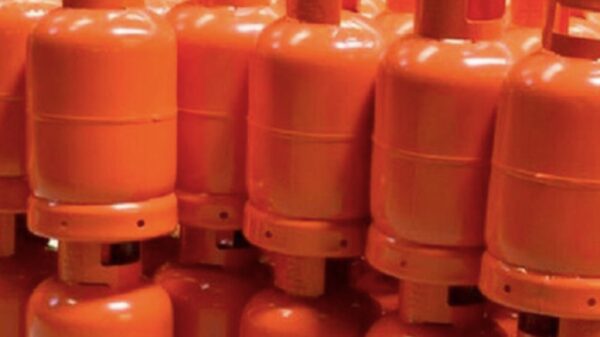
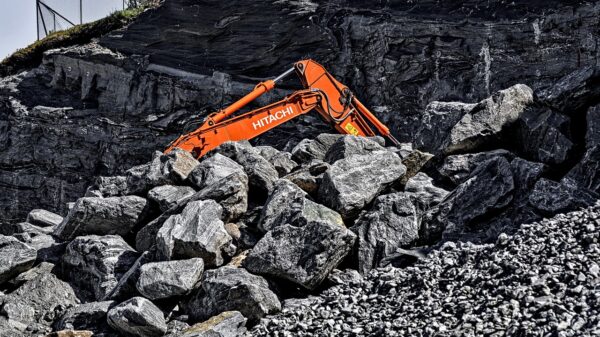

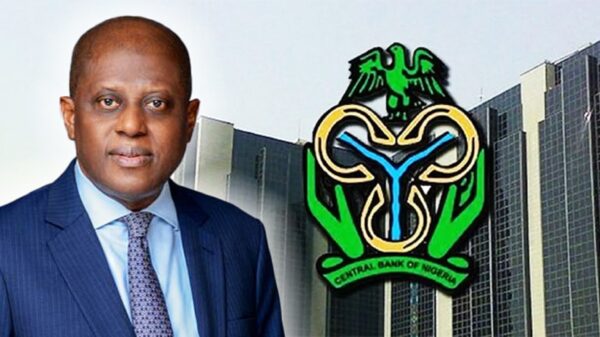
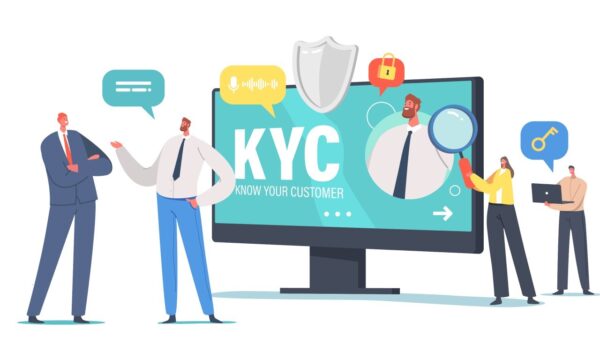





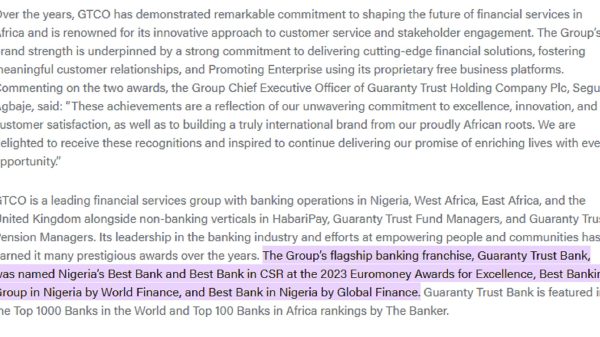



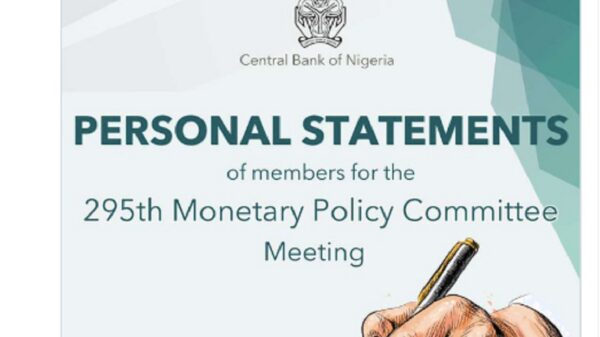
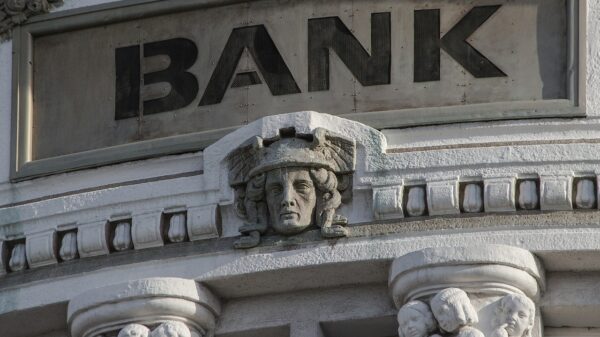


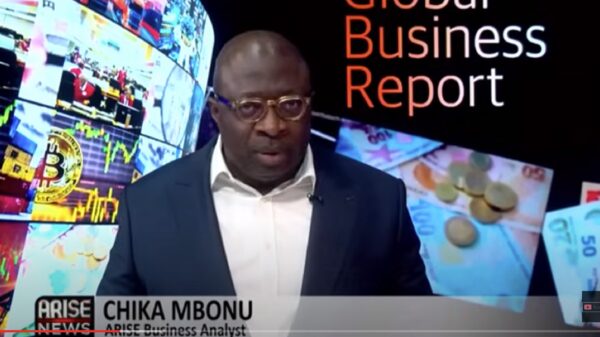





























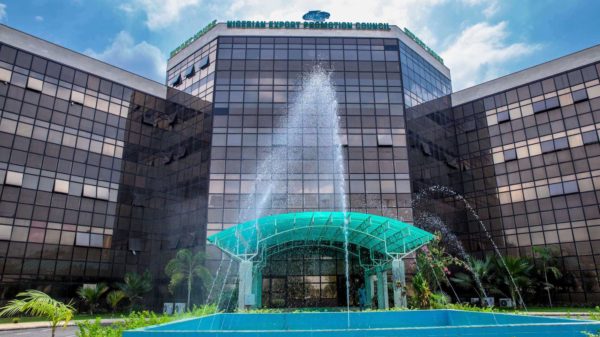

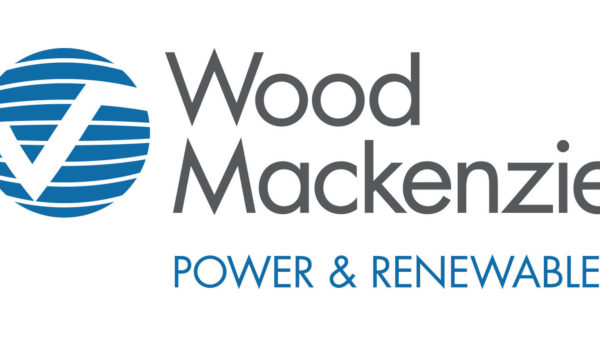
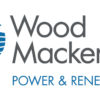
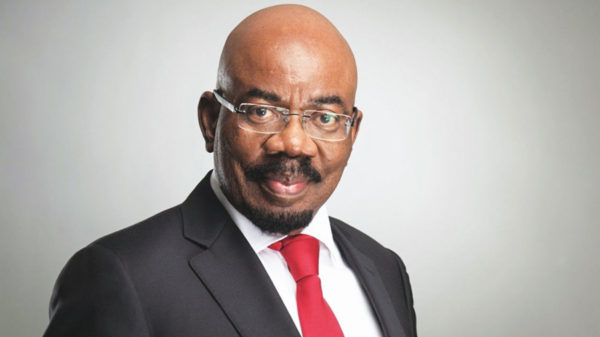

You must be logged in to post a comment Login